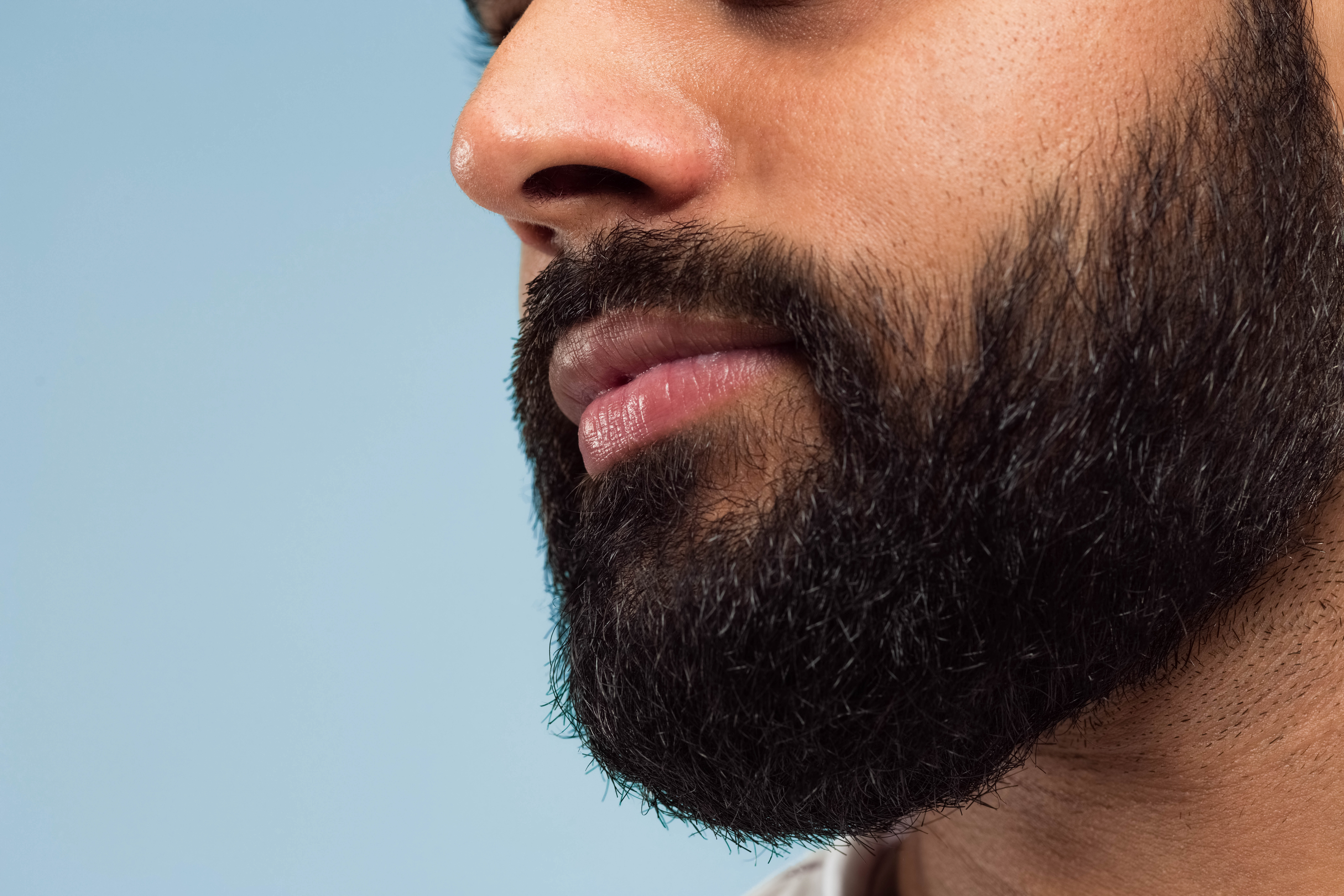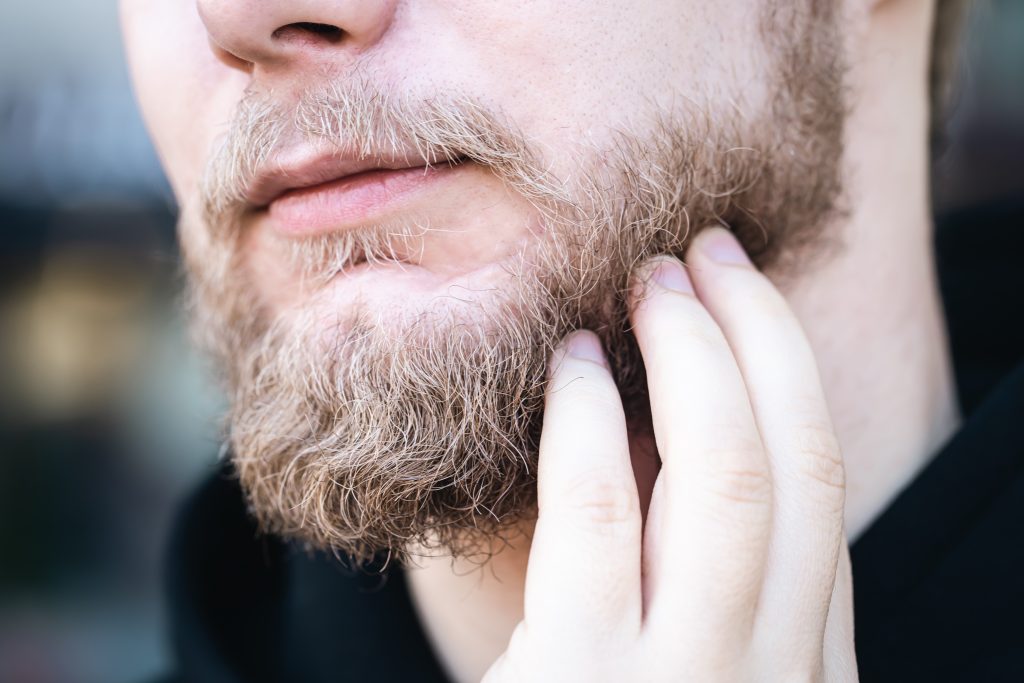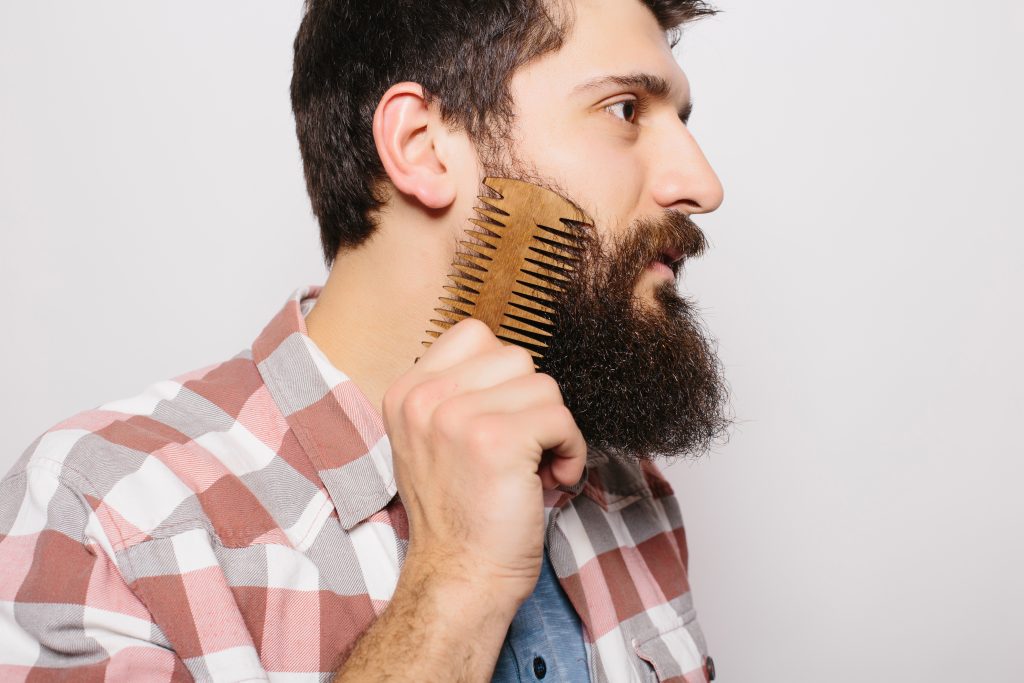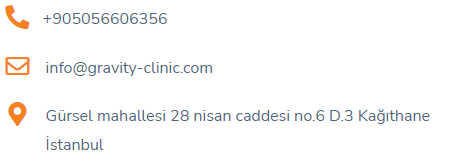Beard and Moustache Transplant
Beard and Moustache Transplant
Many studies found that men with beards may be seen as more masculine, mature and as having a higher social status, they also found that women do indeed perceive men with facial hair to be more attractive as well as physically and socially dominant.
But what if you are unable to grow a beard? Perhaps your genes don’t work in your favor or you were injured and are no longer are able to support facial hair. Can you still enjoy a beard? The answer is yes if you consider a beard transplant.
Beard and mustache transplant is a specific form of facial hair transplantation in which hair is removed from one part of the body mainly the back of the head ( where it is the thickest and most similar to a beard) and inserted into small incisions on the chin, cheeks, or neck. Like all hair transplants, the process involves using your own hair to create new hair growth.
The beard and mustache transplant session is done under local anesthesia and takes a long time, depends on the area to be covered.
Gravity clinic with its modern and integrated medical systems will treat your condition with all care and accuracy to get a more dense and natural beard and mustache.


Beard and Moustache Transplant Candidates
Hair transplantation is an ideal treatment for those who experience hereditary-pattern baldness or those who lose their hair due to diseases and environmental factors (burning, etc.).
The latest method for Beard and Moustache Transplant
Direct Hair Implantation (DHI):
DHI is a new hair transplant technique where the hair follicles are removed one by one using a specialist tool with a diameter of 1 mm or less. In the next step, the hair follicles are loaded into an implant device known as the Choi Implanter Pen and the procedure is performed by implanting them directly into the recipient area. During the DHI procedure, the creation of the channels and the implantation are completed at the same time.
DHI technique does not leave a scar after the surgery and provides a very natural appearance.
Before beard and mustache transplant session:
You will have to stop taking aspirin and blood-thinning medications for seven days before the operation.
Inform your medical consultant in case you have any chronic disease such as diabetes or high blood pressure.
Beard and mustache transplant results:
After the first week of the session, the hair transplant area will look normal and the donor area will begin to recover quickly.
In about 90 days your beard will have completed its growth and most hair follicles will have settled into place. Approximately four months after surgery, your beard begins to gain coverage; by about nine months you will be able to grow a full natural beard and mustache.
Operations have to be done with great efficiency, and from all points, natural images should be obtained and that’s what we care about at gravity clinic.

Quick Contact
If you have any questions simply use the following contact details.

